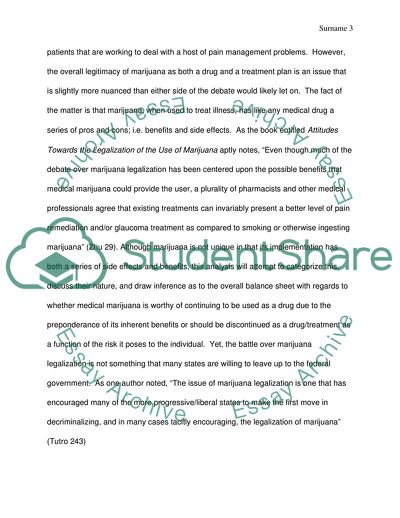Cite this document
(Legalization of Marijuana Report Example | Topics and Well Written Essays - 2750 words - 1, n.d.)
Legalization of Marijuana Report Example | Topics and Well Written Essays - 2750 words - 1. https://studentshare.org/history/1819347-legalization-of-marijuana
Legalization of Marijuana Report Example | Topics and Well Written Essays - 2750 words - 1. https://studentshare.org/history/1819347-legalization-of-marijuana
(Legalization of Marijuana Report Example | Topics and Well Written Essays - 2750 Words - 1)
Legalization of Marijuana Report Example | Topics and Well Written Essays - 2750 Words - 1. https://studentshare.org/history/1819347-legalization-of-marijuana.
Legalization of Marijuana Report Example | Topics and Well Written Essays - 2750 Words - 1. https://studentshare.org/history/1819347-legalization-of-marijuana.
“Legalization of Marijuana Report Example | Topics and Well Written Essays - 2750 Words - 1”. https://studentshare.org/history/1819347-legalization-of-marijuana.


